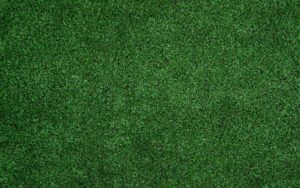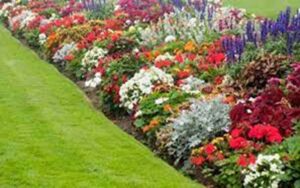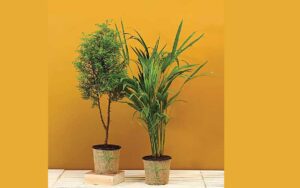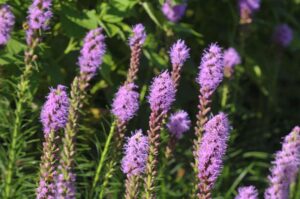Yes, this grass can be irrigated with seawater for golf courses…
New Delhi: Paspalum vaginatum, commonly known as seashore paspalum and by many other names, is a species of perennial grass which can be found in wet, saline habitats. Reported to have originated from the Americas, it can be a serious weed of rice in West Africa.
Seashore paspalum is a grass used on golf courses in warmer climates that is tolerant to salty or brackish water. Once established, cultivars of seashore paspalum can withstand water containing high levels of salt. While it is not recommended to irrigate with seawater, a few golf courses are forced to use brackish water for the golf course.
Read More: Third Indian Horticulture Summit-cum-Int’l Conference to be held at Jaipur from 1st Feb
This allows the construction of courses in places where fresh water may not be available either physically or politically. Courses in the Bahamas and Caribbean are natural locations for this grass.
In Florida, some courses with paspalum use deep wells to pump brackish water from the Lower Hawthorne Formation. Special attention to manage salt accumulation in the soil is required, as well as keeping brackish water away from salt sensitive plants on the course. The modern cultivars of seashore paspalum, released from 1999 to 2014, include ‘SeaIsle 1’, ‘SeaIsle 2000’, ‘SeaDwarf’, ‘Salam’, ‘SeaIsle Supreme’, ‘Platinum TE’, and ‘Sea Star’.
Paspalum vaginatum is a species of grass known by many names, including seashore paspalum, biscuit grass, saltwater couch, silt grass, and swamp couch. It is native to the Americas, where it grows in tropical and subtropical regions.
Read More: Bonsai Technique: An exclusive sector in the landscape gardening industry
What is seashore paspalum used for?
Landscaping: Seashore paspalum forms dense sod if mowed to a one inch height and makes an attractive turf grass. It will withstand traffic well, and has been successfully used on golf courses. Some varieties have a two toned appearance to their leaf surfaces which create an attractive striped effect when mowed.
Advantages of paspalum
Paspalum outperforms other turfgrasses in its ability to grow and thrive with effluent water irrigation, in sodic soils, and in areas with heavy sea spray. Paspalum processes salts in a way that is unique among turfgrasses. Bermudagrasses fall at the bottom of the spectrum of salt tolerance.
Disadvantages of seashore paspalum
Although an amazingly versatile grass, even paspalum has its limitations. One such challenge is that it’s prone to diseases that often thrive in a humid climate. However, there are treatments on the market that can address these issues.
Read More: Air Pollution? No worries…this plant can transform carbon dioxide into oxygen even at night
















